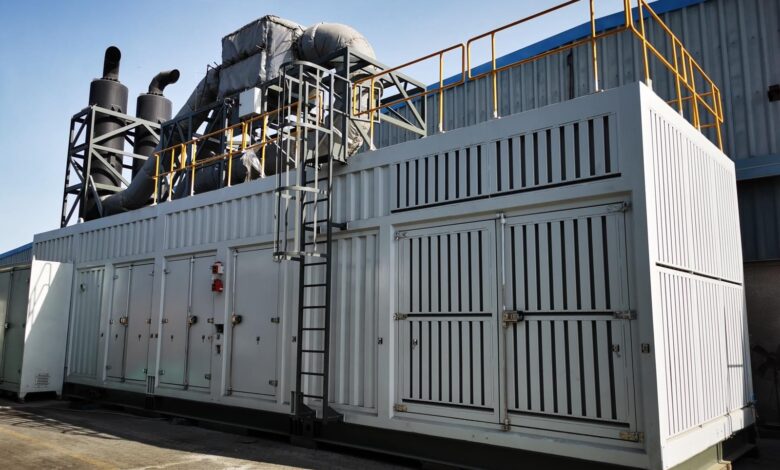How to Maintain and Optimize the Performance of Your Natural Gas Generator

Natural gas generators are convenient and required for backup power in families and businesses. Many like these generators because they burn cleaner than diesel or gasoline. This makes eco-conscious people like them. However, like any gear, they need regular maintenance to work and last.
Cooling system maintenance is another generator care tip. Heat may damage the engine, thus it requires proper cooling. Cleaning cooling lines and checking coolant levels are essential. Check the generator’s exhaust system for leaks or blockages that might affect performance.
Performance needs periodic maintenance
Maintain your natural gas generator with regular maintenance. Maintained natural gas generators last longer and perform better, saving money. Follow the manufacturer’s repair plan in the operator’s handbook to get these benefits. All checks and services will be conducted on schedule using this technique.
How to Fix Common Issues
Generators may malfunction like other equipment. Taking control may help you handle these issues quickly. Problems starting the generator are typical. Check gas levels and valves if your natural gas engine won’t start. Look up control panel fault codes in the instructions.
Power outages and odd behavior are common. Low fuel pressure, filthy air filter, or broken spark plugs may cause this. Replacement air filters and spark plugs are needed often. Grinding or clicking engine parts may signal a problem. Call an expert to identify and fix the issue before it worsens. Maintaining and fixing generator faults rapidly prevents breakdowns.
Optimizing Efficiency: Operations best practices
Use your natural gas engine effectively to enhance performance. A significant approach is load control. Generators work best at 70–80% of rated power. Multiple low-load runs may compromise fuel efficiency and carbon buildup. Check generator load needs regularly for maximum performance.
To guarantee your generator can meet energy needs, load test regularly. Testing the generator’s responsiveness to a simulated power demand is load testing. This checks the generator’s performance and finds errors before they become major.
Seasonality and environmental adaption
Seasonal variations may influence your natural gas engine. Winter cold may impair fuel and battery efficiency. Cold-weather engine oil keeps generators fresh and prevents thickening. Battery warmers may help you start your car in the cold.
In hot weather, make sure your little generator has enough airflow and cooling. Airborne heat may burn and harm. Regularly inspect the cooling system and consider shade structures or fans to preserve temperature. Seasonally adjust generator maintenance and use to optimum utilization year-round.
Professional inspections and improvements
Maintenance and repair may fix many problems, but sometimes you need a professional. Skilled professionals may discover concerns early with regular exams. Experts may check all system components for proper functioning.
Checkups and component replacement may boost performance. Modern control and monitoring systems can give real-time generator health, fuel usage, and efficiency statistics. More advanced components may enhance your generator. These modifications may save costs and improve natural gas engine reliability, reducing outages.
Conclusion
To conclusion, improving your natural gas generator requires periodic maintenance, problem-solving, and best practices. Your generator can power your home or business if you follow the instructions. Regular maintenance, seasonal changes, expert examinations, and technology updates are examples. Improve your generator to ensure it always meets your power needs.



